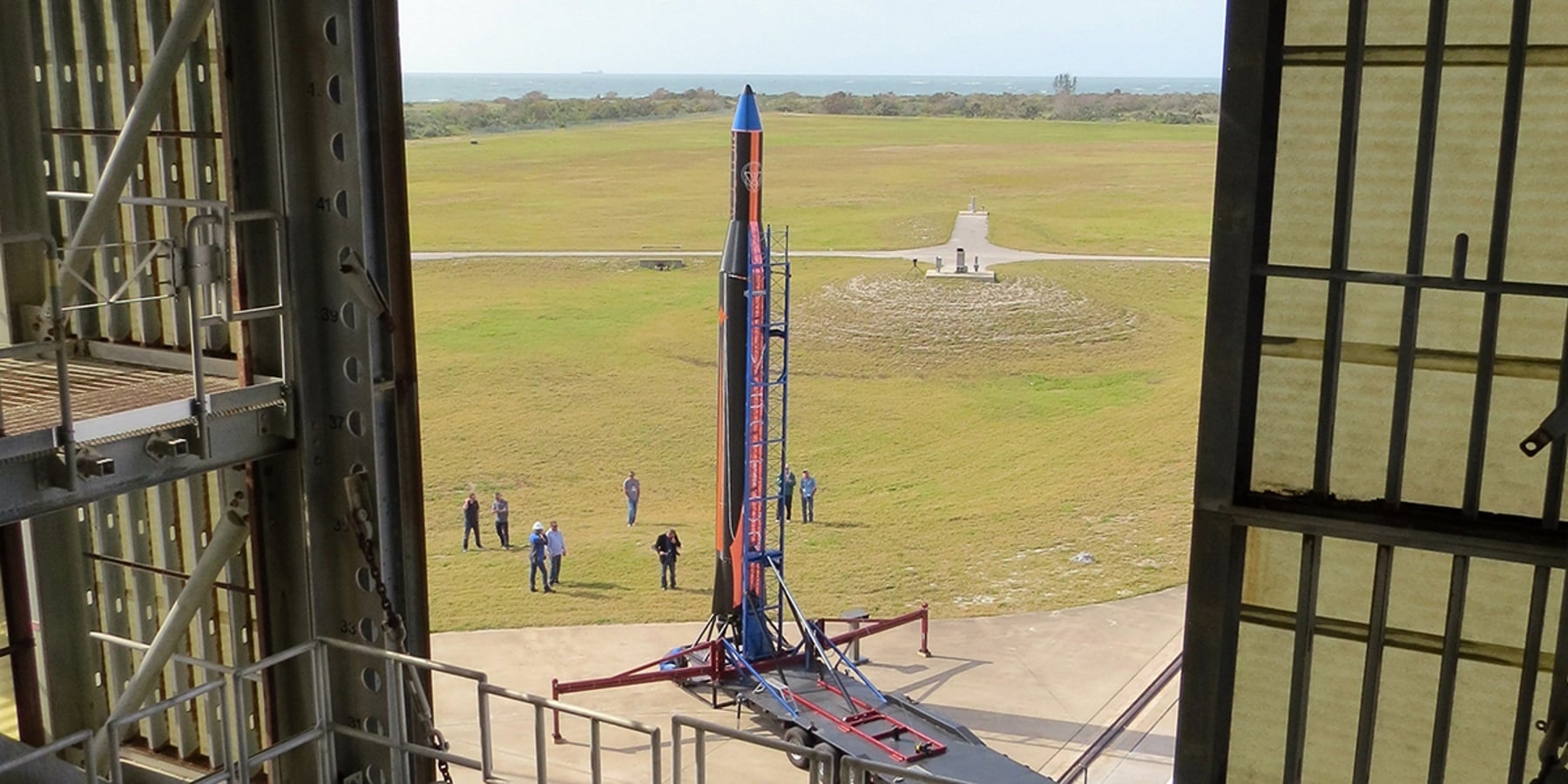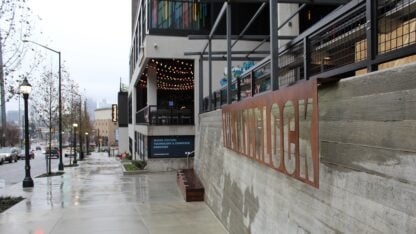Gov. Deal Responds to Criticism Over Storm Response
While metro Atlanta remains largely shut down due to snow and ice, Gov. Nathan Deal Wednesday defended the storm response as “reasonable,” but acknowledged key mistakes.
Already facing intense criticism, Deal didn’t help matters Tuesday night when he referred to the storm as “unexpected,” despite ample warning from local and national meteorologists.
In a joint press conference with agency heads and Atlanta Mayor Kasim Reed, Deal said he obviously knew “something” was coming, but reiterated:
“Mother Nature has a mind of its own and it does what it chooses to do and even with the best forecasting I don’t think anyone could have totally predicted that this was going to have the magnitude within the short window of time in which it occurred,” said Deal.
Georgia remains in a state of emergency. Interstates remain treacherous and as of Wednesday morning more than 2,000 metro Atlanta students were still stranded at school from the day before.
Deal stressed the choice to keep schools open was up to local school districts. He said he didn’t know whether declaring a state of emergency sooner would have affected anything.
“We will talk with other departments such as local school superintendents as to whether or not they would have made a determination on their part had a declaration been issued earlier. I don’t know whether that would have been the case or not,” said Deal.
He said shutting down a city is never an easy decision.
“We don’t want to be accused of crying wolf, ” said Deal. “If we’d been wrong, you’d all be in here saying, ‘well, you know how many millions of dollars you’ve cost the economy of the city of Atlanta and the state of Georgia by shutting down business all over this city and state.’”
Deal and Mayor Reed agreed the main problem was the complete gridlock that began after first snowfall Tuesday. Deal said it was a mistake to have everyone leaving the city at the same time.
“I think we learned from this experience…the staggering of the release of people, or at least the recommendation of the staggering of when they get on our roads, has to be taken as a primary consideration,” said Deal.
Reed suggested in the future schools be let out first, followed by private businesses, and finally government employees.
Among other “lessons learned,” Deal said tractor-trailers need to put snow chains on their tires, or else be diverted from traveling through the city’s core.
9(MDAxODM0MDY4MDEyMTY4NDA3MzI3YjkzMw004))








